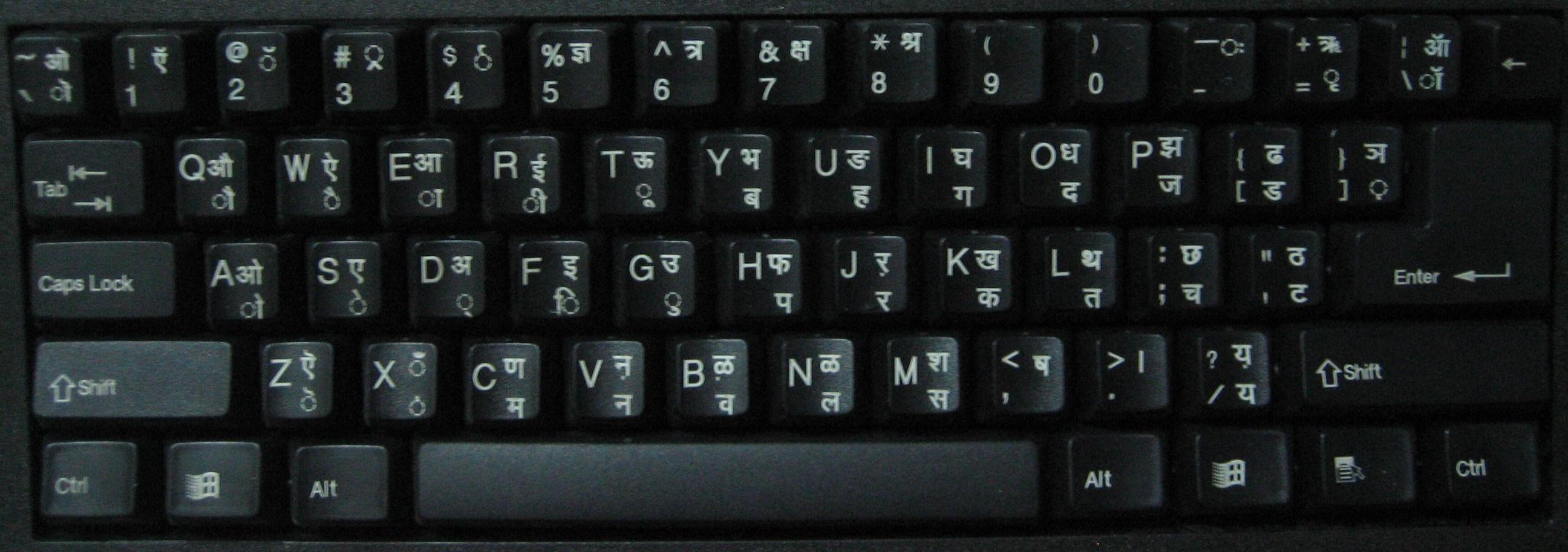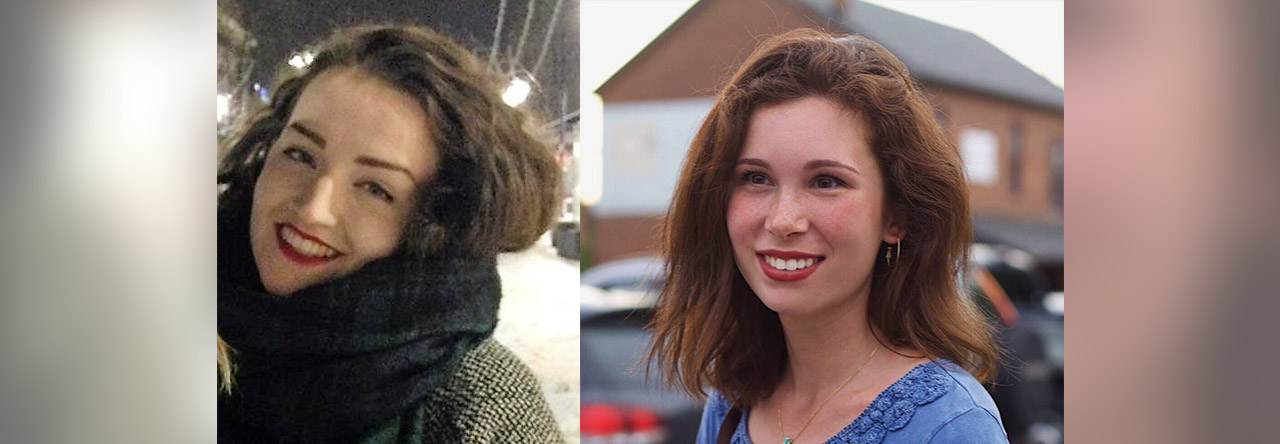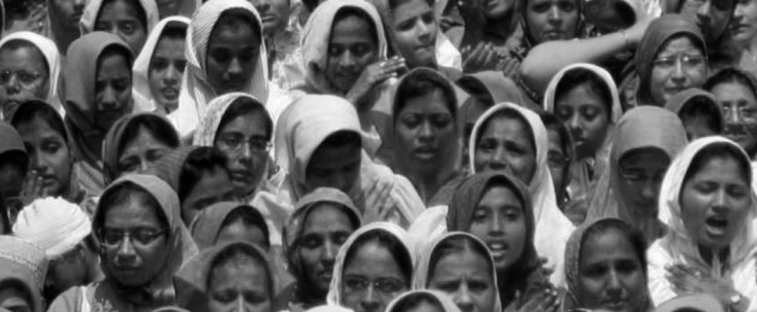by: Bintari Hamza Zafar, a concerned Sri Lankan Muslim citizen
Country: Sri Lanka
Female Genital Mutilation is a serious problem in Sri Lanka. Almost all Sri Lankan Muslim women are circumcised. Both Moors and Malays (ethnic Muslim communities in Sri Lanka) are of the Shafi school of Islam which regards female circumcision, or “sunnat”, as compulsory. They account for 98% of the local Muslim population. The Bohras who follow an Indian leader called Syedna also practice it very strictly. Local Bohras number about 3,000 people.
The All Ceylon Jamiyathul Ulama (ACJU) which is the Supreme Council of Muslims of Sri Lanka has declared female circumcision obligatory in a fatwa in Tamil பெண்களுக்கு கத்னா செய்தல் (Pengalukku Khatna Seydal) and are very strict about it. I also heard that the Bohra leader Syedna has said it must be done.
Local Muslim girls are circumcised on the 40th day of birth or a little later. Bohra girls are cut between 7-10 years of age.
The amount of genital cutting differs from child to child. The operator is a woman called Ostha-maami. Usually, they nick the clitoris for a little blood to come and leave it at that. Educated families get it done by lady doctors who cut off part of the foreskin of the clitoris. But more severe mutilation also takes place and has been reported to us.
I give below some interviews that I recently conducted with women of my community.
Banu Mariyam (40 years, name changed)
Muslim girls must be circumcised or they will grow up to be loose. I have two daughters and got them circumcised when they were babies. The local Ostha woman came and did it. She took a large needle and pricked the clitoris till the blood came. She then wiped it and put some grey powder. I think it was ash.
She told me the blood has to come out or the girl’s clitoris will be big, and she will always touch there and grow up to be a loose woman. I don’t regret it. All our girls must be circumcised.
See Western ladies, see Princess Diana, how many men she had affairs with. Our women are much more decent. That is because we take the blood out and make it small. Then they can control themselves.
Fathima Nilufa (33 years, name changed)
I did not know of this practice till my daughter was born. My mother said she must undergo sunnat. I told her only boys undergo sunnat. She said no, girls also. Then she brought home the lady doctor, who cut my daughter. My baby cried a lot. The doctor put some kind of white powder on the wound and said it will heal.
Later I noticed baby’s clitoris was pink and swollen. I got angry and asked the doctor what she had done. She said she removed the skin over it like she did for the small boys. She said nothing to worry. It healed a little later. She is ok now, but I am still angry because my daughter was hurt. I don’t know why they do it. My mother said it must be done for Muslim people.
Sameena Begum (29 years, name changed)
I was married to an Aalim (religious scholar). A few days after my wedding night, he said he wanted to see my private part before having sex. Then he got angry and said I was not circumcised. He even shouted at my mother. My mother kept saying she had got me circumcised as a baby, but he did not listen.
He brought home an old Ostha-Maami in a taxi and ordered her to cut me. My husband held one leg and forced my mother to hold the other leg while the Ostha-Maami cut me. My mother was crying and told me not to scream as the neighbours could hear. It was very painful. I wish my mother had got it done properly when I was a baby.





